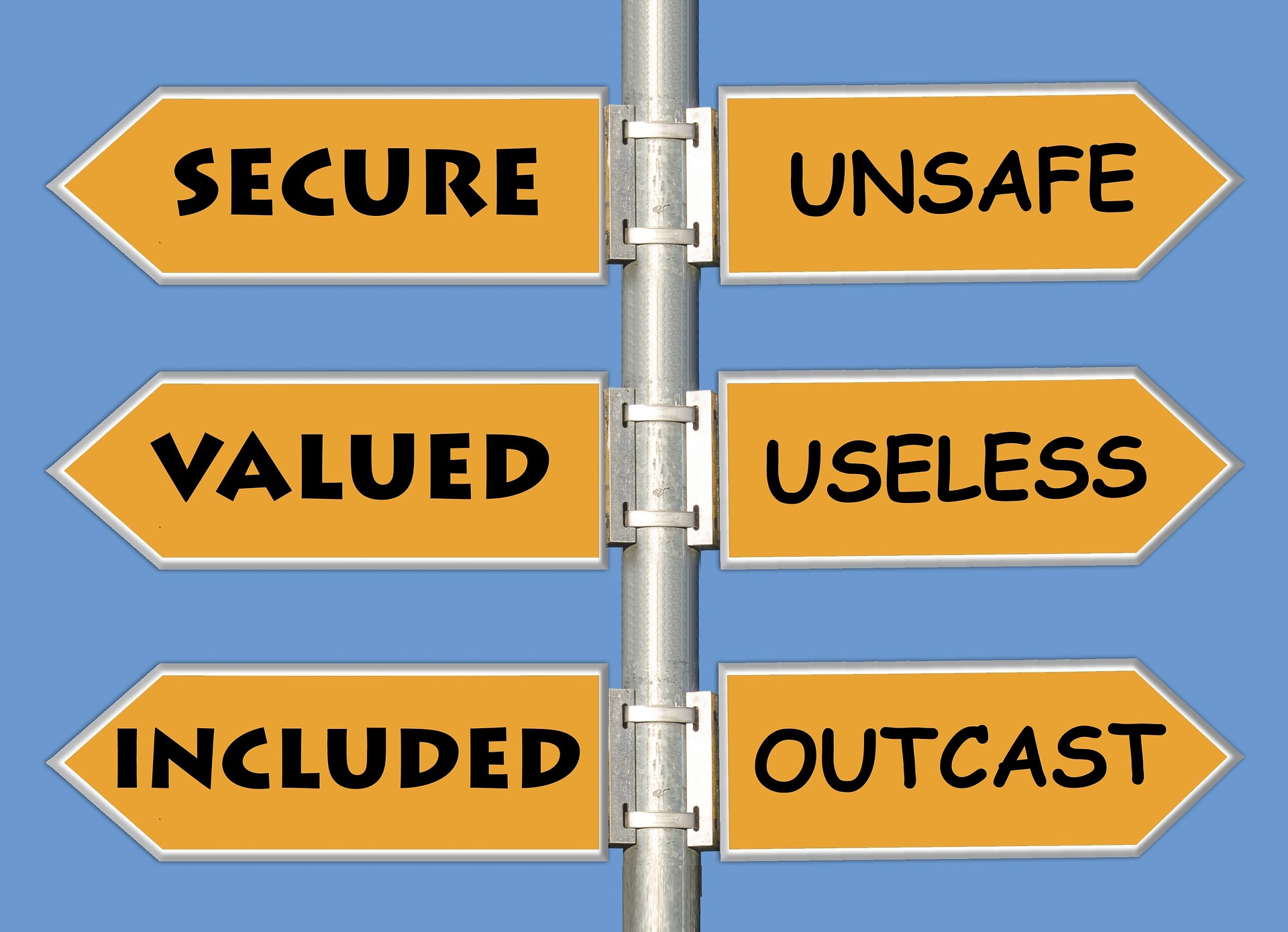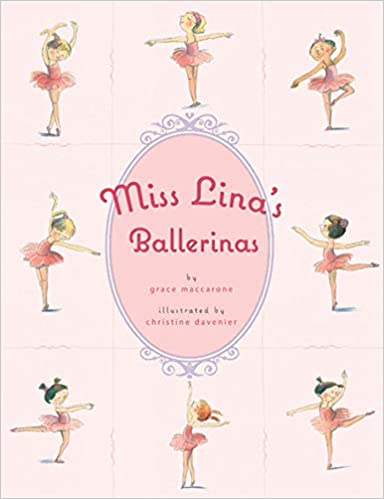- Reflecting on this reading, how might you address assessment challenges in your context of practice?
“The most traditional purpose of assessment involves teachers gathering evidence to draw inferences about students’ learning to establish grades and prepare reports,” (Earl, 2010) this sentence resonated with me instantly, our assessment is an inference. If we look at how we teach inferencing in reading we teach students that what they read combined with their background knowledge makes their inference, we do the same when we assess student work. I look at my students work sample in front of me and the rubric and combine it with my professional experience to make a judgement about a student’s proficiency. I defiantly feel like my assessment is more subjective in some subject areas or topics than others and I need to take the time to develop more comprehensive rubrics for areas such as “ideas” in a writing piece.
I think that I can fall into the same trap as the teachers in the study where I gather and record information to track student progress but am not quick enough to act on the data as it comes in to assist all students. I tend to be faster to use the data to adapt for my lower and middle groups compared to my higher groups, this could also be that my low groups are seen for small group instruction and remediation more frequently then my stronger groups frequently meeting with my below grade level reding groups daily, my grade level groups on alternate days and my group well above grade level once a week. I know all groups deserve equal time and I wish I could meet every group daily but I’m only one person and our time is limited, a grade 4 reading at a k/1 level is much more concerning and requires more direct support than one reading at a grade 7/8 level. How ever adaptations and differentiation to be truly equitable needs to be applied equally at all points on the spectrum of student learning, students who are excelling and potentially gifted need their unique needs met as much as those with learning disabilities. While I claim to use UDL and cater to my tier two students, I’m realizing that I’m not doing it fairly, I adjust to meet the needs of my students with higher support needs but rarely plan for extensions on assessments for students who are exceeding our expectations and require a greater challenge.
I continue to have questions about how truly fair all of our assessments are because of the human component in assessing students and that each teacher decided which items will be used to determine a final mark or grade. Like the teachers in the article I find that missing and incomplete work makes it challenging to assess particularly for students with chronic attendance challenges when I have no evidence of learning, I’m lucky that in terms one and two my administration has historically allowed me to make a detailed written comment explaining that there is insufficient evidence of learning and leave the mark blank for that report as we can not fairly apply a mark on the performance scale. At my school there is ongoing debate about if we should use every mark we have for a student or select the ones from the end of a unit or term when determining marks for reporting, I personally sit in the camp of using the most recent or most successful assessments when reporting in addition to the summative tasks I planned for the unit. How ever this is heavily debated in my building and several of my co-workers have suggested that my preferred approach leads to reduced student accountability particularly early in a unit.
References
Earl, L. M. (2010). Insights and issues. In Classroom Assessment in Ontario Secondary Schools: In Teachers’ Hands (pp. 91-99). Ontario Teachers’ Federation.






